-
Dogs & Puppies
-
Cats & Kittens
-
Other Pets
-
Shelters & Rescues
-
Guides & Resources

Pet cats bring immense joy and companionship into our lives, but they also require diligent care to ensure their health and well-being. Understanding the diseases that can affect our feline friends is crucial for keeping them happy and healthy. Here are some common diseases that pet cats are susceptible to:
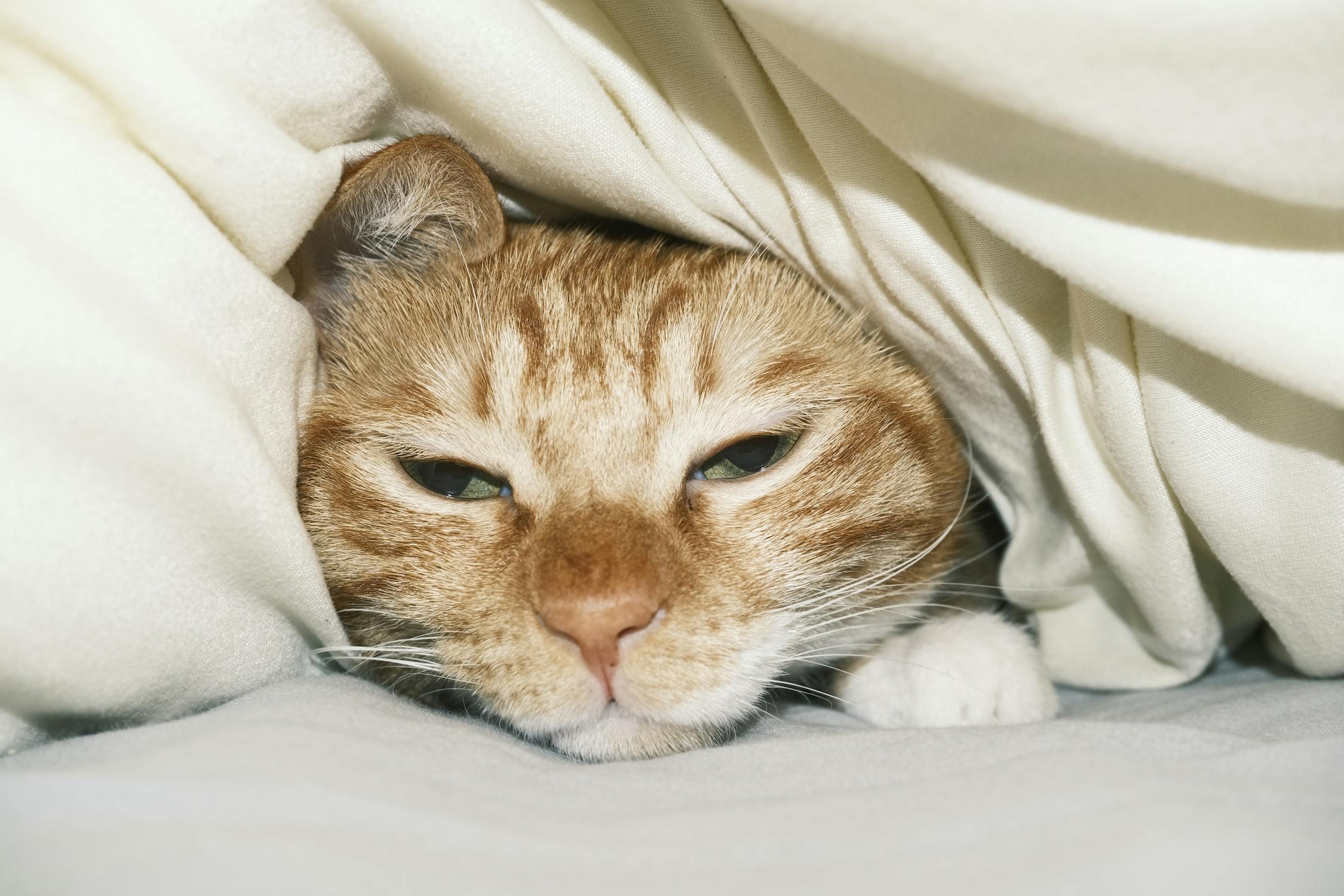
Upper respiratory infections in cats are akin to the common cold in humans. They are often caused by viruses like feline herpesvirus (FHV) or calicivirus. Symptoms include sneezing, nasal discharge, watery eyes, and coughing. URIs can be contagious to other cats, so it's important to keep infected cats isolated and consult a veterinarian for appropriate treatment.
Feline Leukemia Virus is a serious and potentially fatal viral infection that affects a cat’s immune system. It is transmitted through saliva, blood, and other bodily fluids. Symptoms can include weight loss, poor coat condition, and recurrent infections. Regular veterinary check-ups and FeLV vaccinations can help manage the risk.
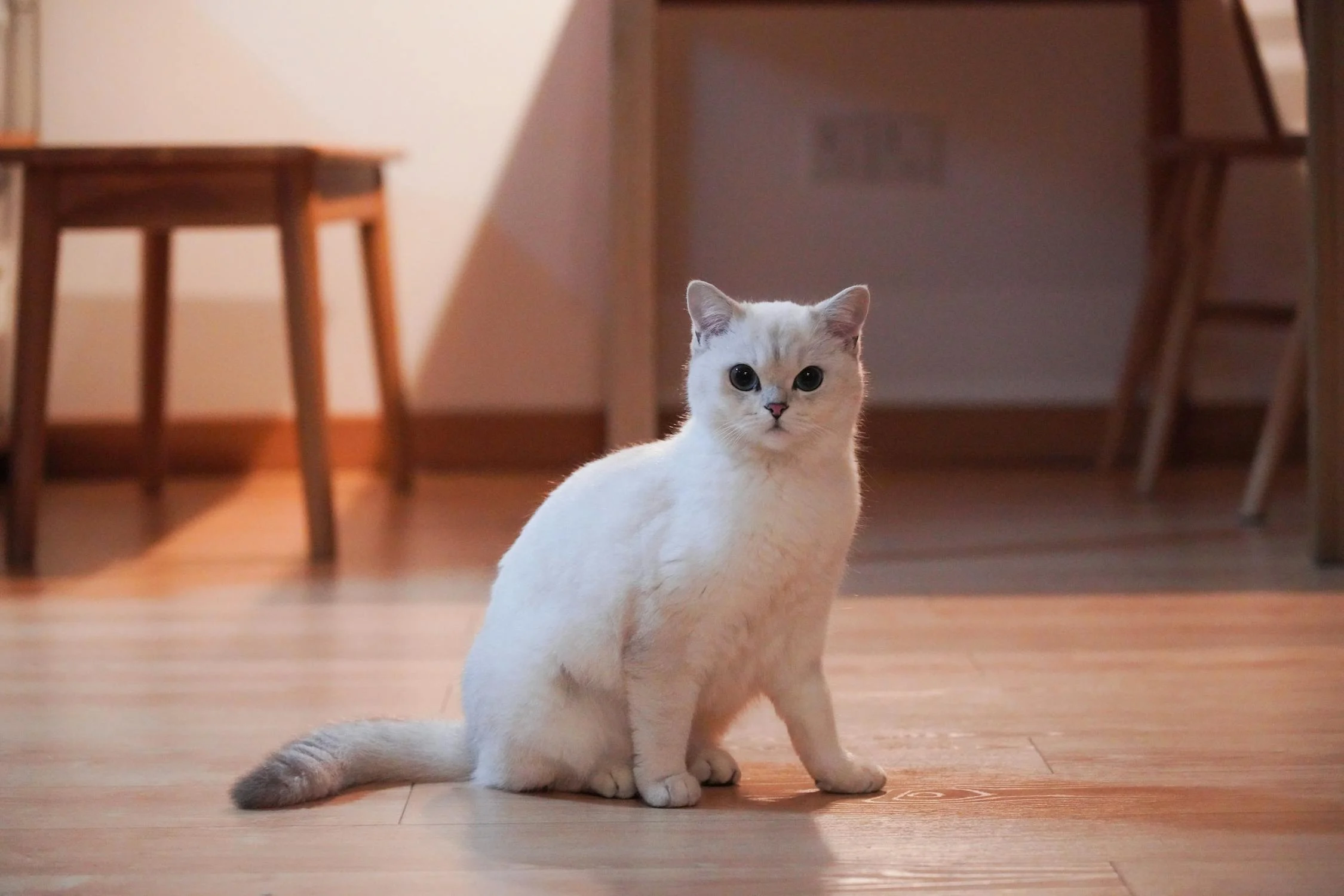
Often referred to as feline AIDS, FIV is another viral infection that compromises the immune system. Unlike FeLV, FIV is typically spread through bite wounds. Cats with FIV may experience chronic infections, dental issues, and anemia. Keeping FIV-positive cats indoors and away from other cats can help prevent the spread of the virus.
Diabetes Mellitus occurs when a cat’s body cannot produce enough insulin or use it properly, leading to high blood sugar levels. Symptoms include increased thirst, frequent urination, and weight loss. Managing diabetes involves a combination of diet, medication, and regular veterinary care. Early diagnosis and treatment are key to maintaining a good quality of life for diabetic cats.
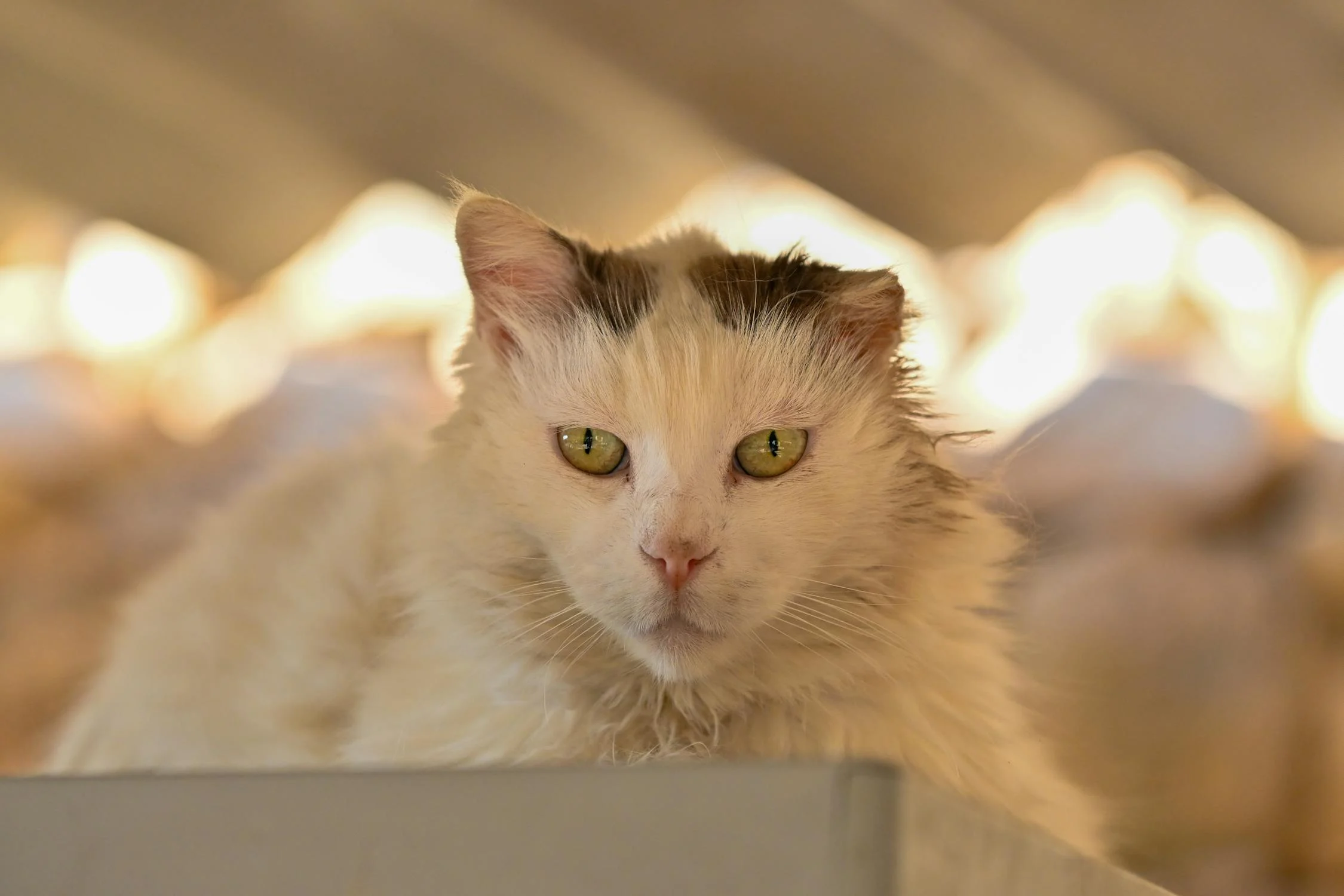
Chronic Kidney Disease is a progressive condition where the kidneys gradually lose their function. It is common in older cats and can be caused by various factors, including genetics and high blood pressure. Symptoms include increased thirst, frequent urination, and vomiting. Regular veterinary check-ups and a special diet can help manage CKD.
Feline Hyperthyroidism occurs when the thyroid gland produces excess thyroid hormone, leading to symptoms like weight loss, increased appetite, and restlessness. It is most common in older cats. Treatment options include medication, radioactive iodine therapy, or surgical removal of the thyroid gland.
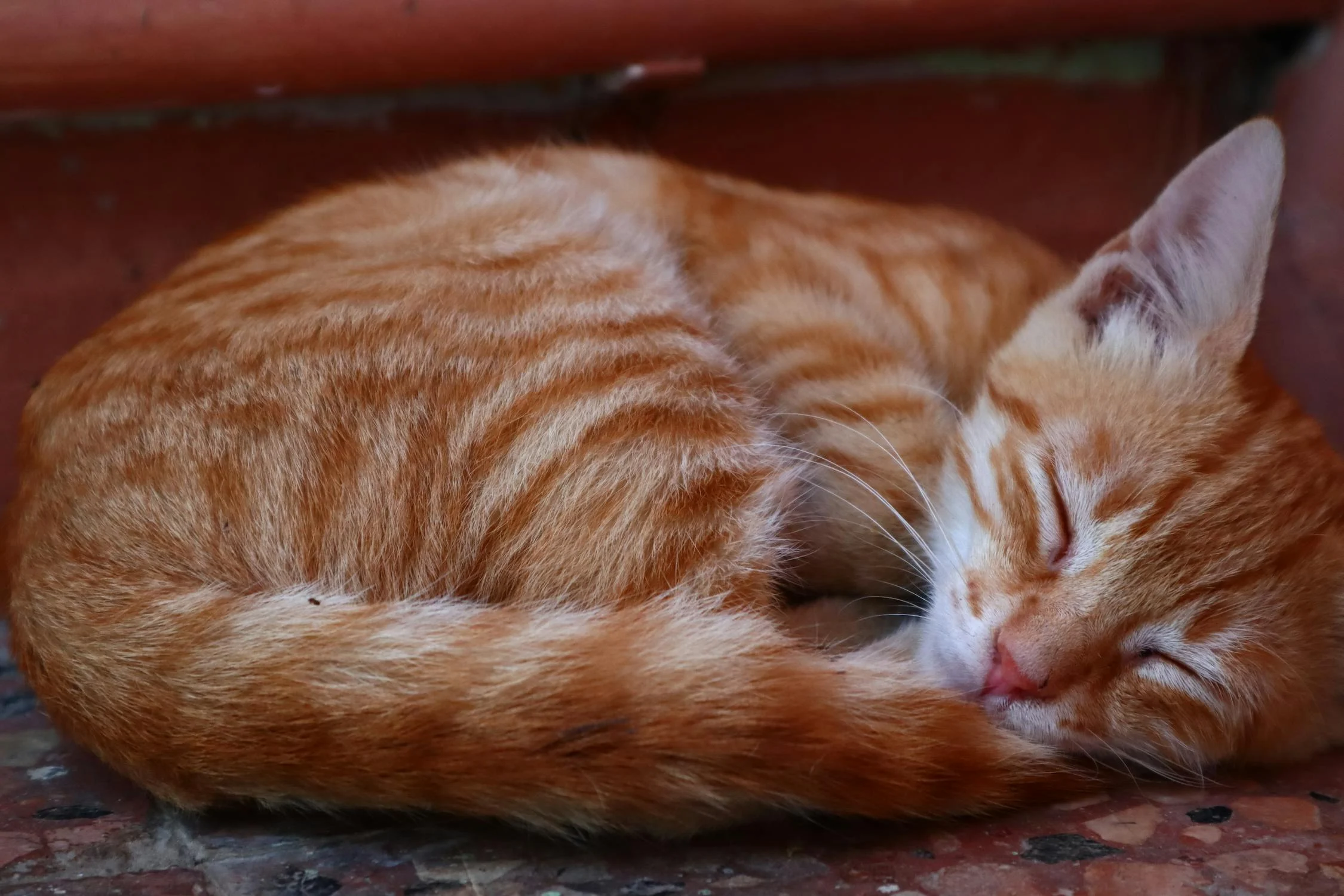
FLUTD is a term used for a range of conditions affecting the bladder and urethra. It can cause symptoms like frequent urination, straining to urinate, and blood in the urine. Causes can include urinary stones, infections, or stress. Ensuring adequate hydration and a proper diet can help prevent FLUTD.
Ear mites are tiny parasites that can cause itching, head shaking, and dark, crumbly ear discharge. Ear infections, often secondary to mites, can lead to more severe symptoms like swelling and pain. Regular ear cleaning and veterinary check-ups can help prevent and treat ear issues.
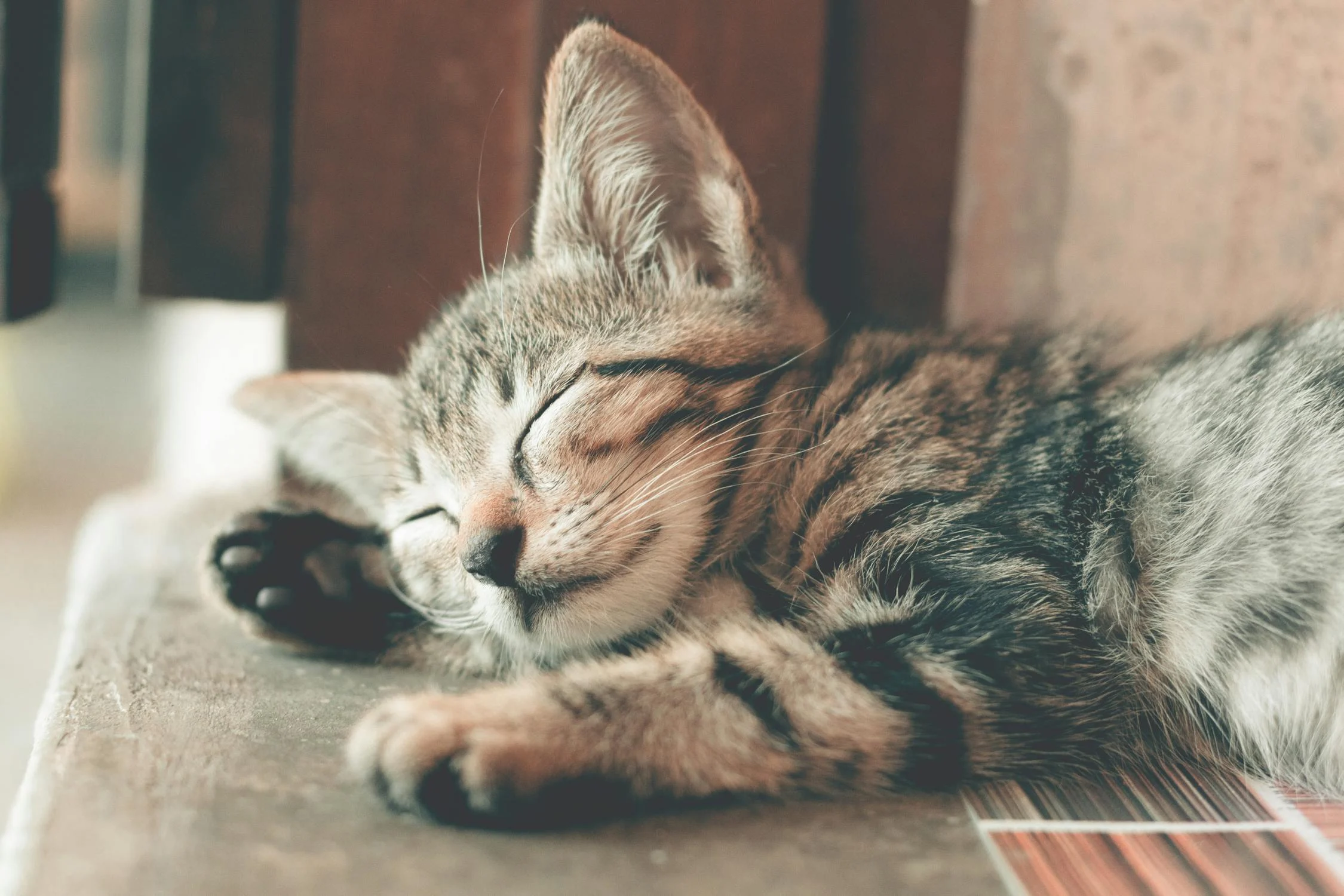
Being aware of these common diseases and their symptoms can help you provide better care for your pet cat. Regular veterinary visits, vaccinations, and a balanced diet play crucial roles in preventing and managing feline health issues. By staying informed and proactive, you can help ensure that your feline friend leads a long, healthy, and happy life.